Robotic process automation software spending to hit $680m
Gartner suggests that 60% of $1b organisations will have deployed robotic tech by the end of the year

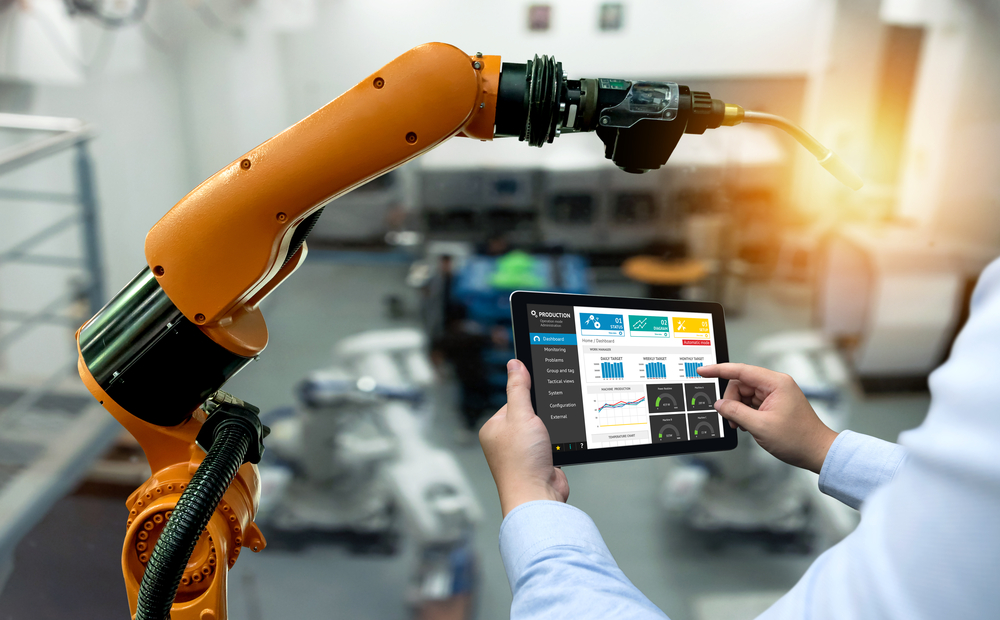
Global spending on robotic process automation (RPA) software is estimated to hit $680 million by the end of the year, according to the latest research from Gartner.
RPA tools mimic the "manual" path a human worker would take to complete a task, using a combination of user interface interaction describer technologies. The amount businesses have spent on RPA has gone up 57% from 2017 and Gartner suggests it's going to increase in pace to total $2.4bn by 2022.
"End-user organizations adopt RPA technology as a quick and easy fix to automate manual tasks," said Cathy Tornbohm, vice president at Gartner. "Some employees will continue to execute mundane tasks that require them to cut, paste and change data manually. But when RPA tools perform those activities, the error-margin shrinks and data quality increases."
The biggest adopters of RPA are banks and telecoms companies and according to Tornbohm, this is because the technology allows for user control across every aspect of automated services, potentially helping avoid any automation mishaps.
"Typically, these organisations struggle to knit together the different elements of their accounting and HR systems, and are turning to RPA solutions to automate an existing manual task or process, or automate the functionality of legacy systems."
According to Gartner's estimates, 60% of organisations that have a revenue of more than $1 billion will deploy RPA tools by the end of 2018 and by the end of 2022, 85% will have deployed some form of it.
"The growth in adoption will be driven by average RPA prices decreasing by approximately 10 per cent to 15 per cent by 2019, but also because organisations expect to achieve better business outcomes with the technology, such as reduced costs, increased accuracy and improved compliance," added Tornbohm.
Sign up today and you will receive a free copy of our Future Focus 2025 report - the leading guidance on AI, cybersecurity and other IT challenges as per 700+ senior executives
As the price of automation software falls, it's likely to affect figures for employment. Although there are arguments for and against automation, history does suggest that new technologies displace workers in the short term.
This was highlighted most recently by a documentary called 'The Truth about killer Robots' which, salacious title aside, shed some light on the plight of those working in manual labour as automated technologies accelerate.
Bobby Hellard is ITPro's Reviews Editor and has worked on CloudPro and ChannelPro since 2018. In his time at ITPro, Bobby has covered stories for all the major technology companies, such as Apple, Microsoft, Amazon and Facebook, and regularly attends industry-leading events such as AWS Re:Invent and Google Cloud Next.
Bobby mainly covers hardware reviews, but you will also recognize him as the face of many of our video reviews of laptops and smartphones.
-
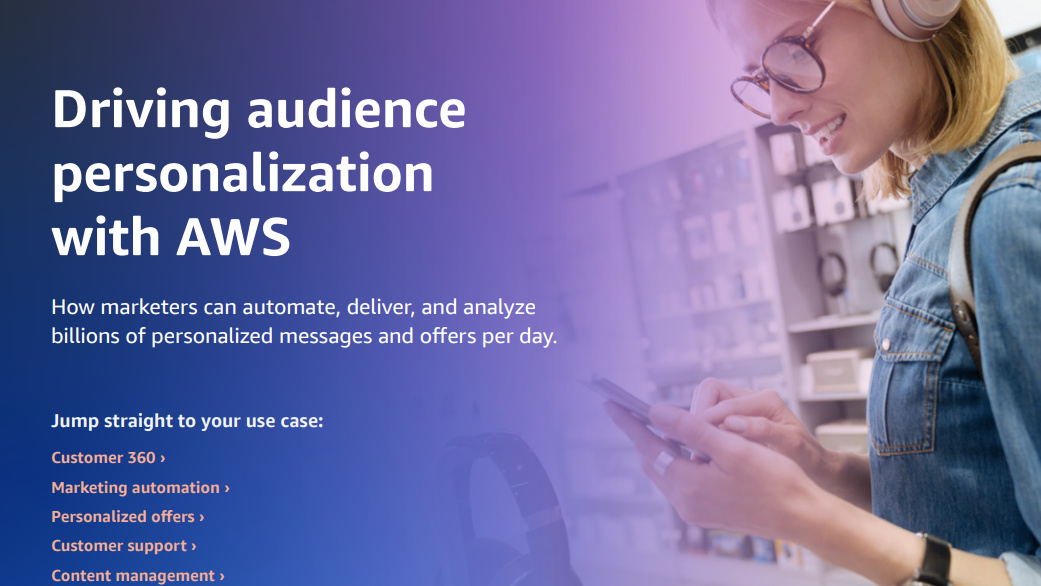 Automate personalization with AWS
Automate personalization with AWSWhitepaper How marketers can automate, deliver, and analyze billions of personalized messages and offers per day
-
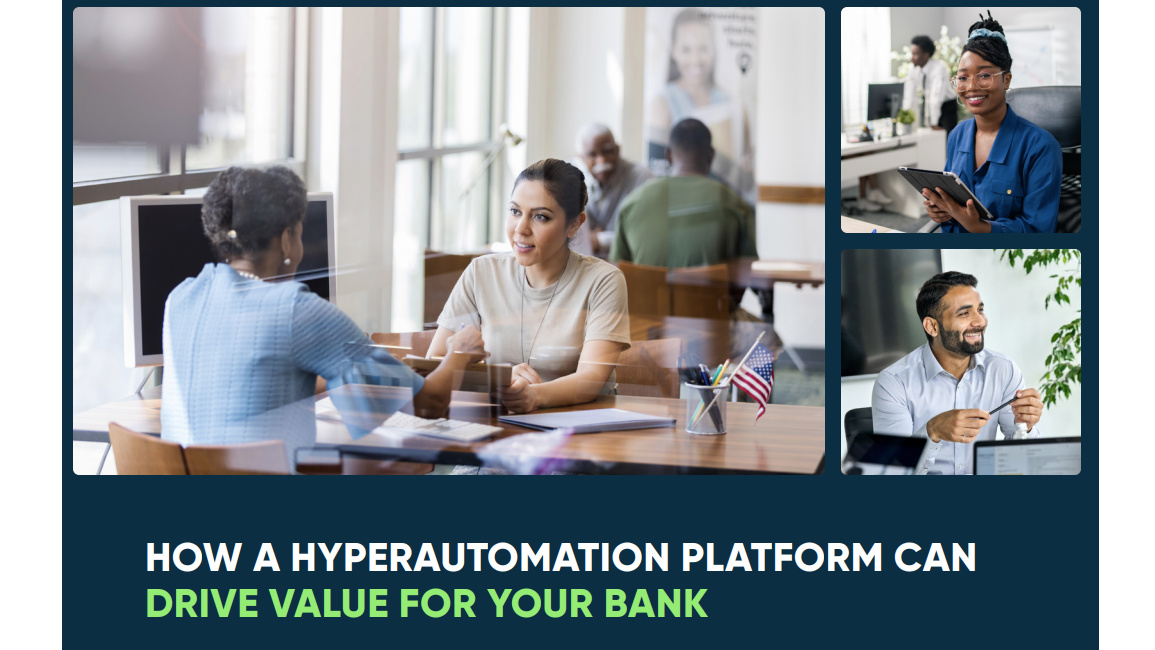 How a hyper-automation platform can drive value for your bank
How a hyper-automation platform can drive value for your bankWhitepaper Five ways automated processes can drive revenue and growth
-
 Appian wants to be the AI company for AI skeptics
Appian wants to be the AI company for AI skepticsAnalysis The firm outlines its AI strategy at Appian World 2023 while using ChatGPT and Midjourney to create scripts and imagery for keynote presentations
-
 Workday hit with claims its AI hiring systems are discriminatory
Workday hit with claims its AI hiring systems are discriminatoryNews An African American plaintiff has alleged that Workday's systems prevented him from being hired on the basis of his race, age, and mental health
-
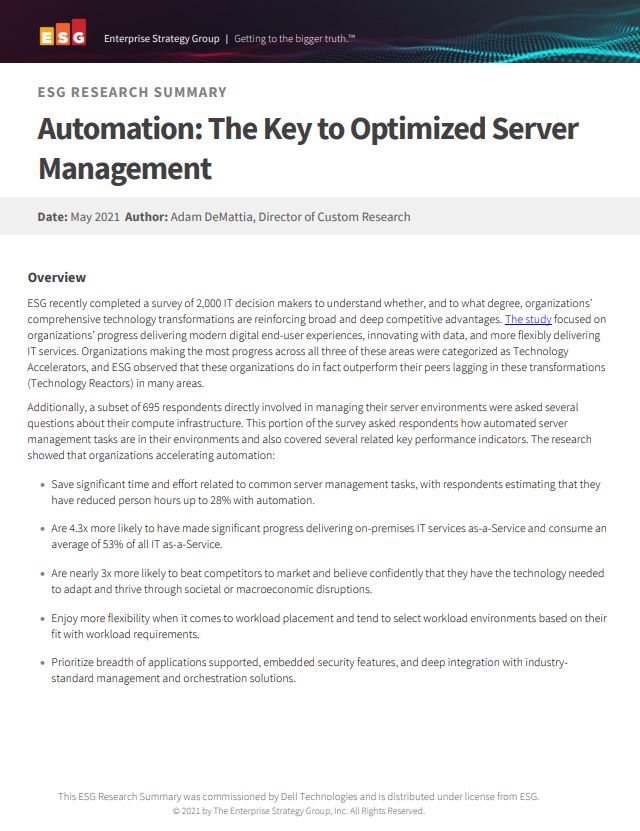 Automation: The key to optimised server management
Automation: The key to optimised server managementWhitepaper Deliver modern digital end-user experiences, innovate with data, and more flexibly deliver IT services
-
 Drive digital transformation with IBM process mining
Drive digital transformation with IBM process miningWhitepaper A process discovery, analysis and monitoring technique to help businesses succeed throughout the entire DX journey
-
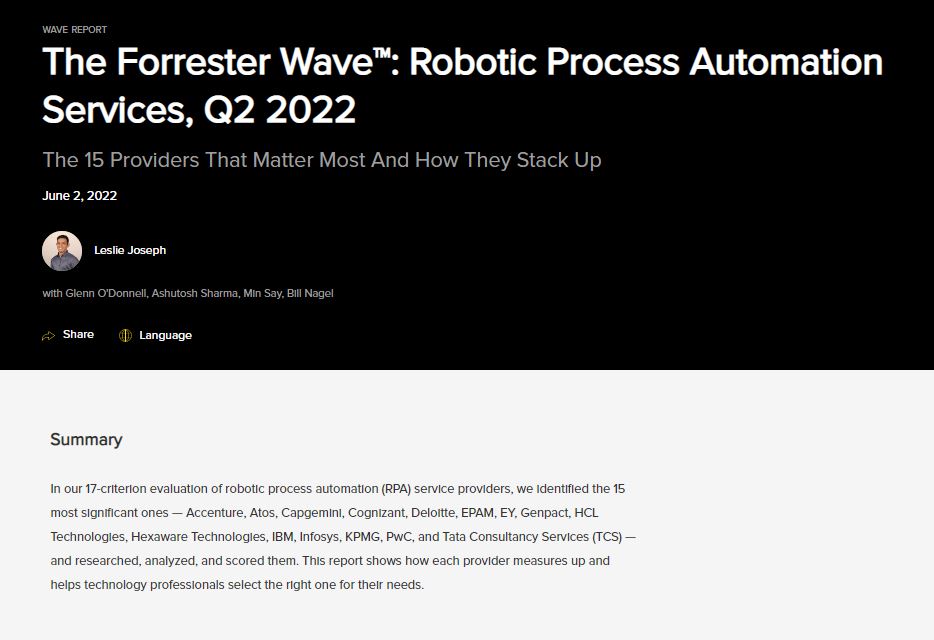 The Forrester Wave™: Robotic Process Automation Services
The Forrester Wave™: Robotic Process Automation ServicesWhitepaper The 15 providers that matter most and how they stack up
-
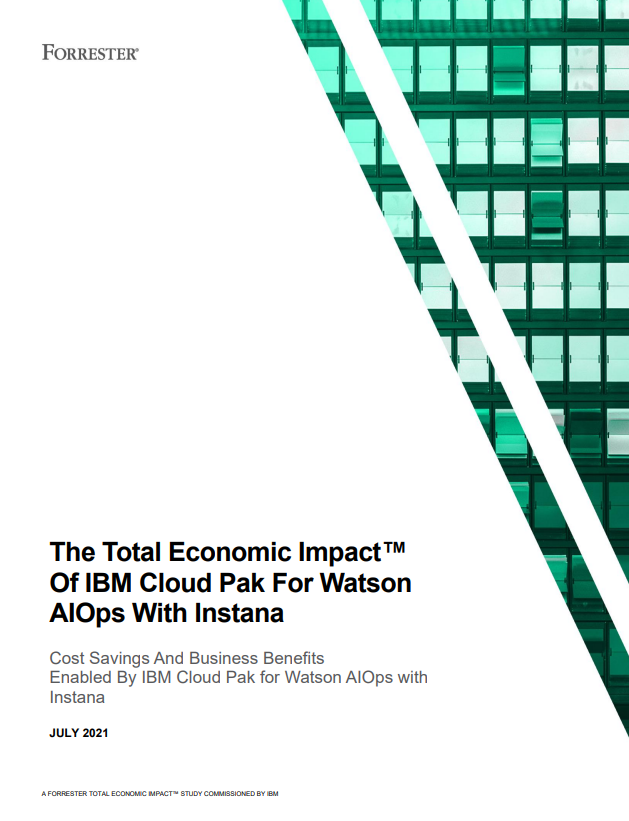 The Total Economic Impact™ of IBM Cloud Pak® for Watson AIOps with Instana
The Total Economic Impact™ of IBM Cloud Pak® for Watson AIOps with InstanaWhitepaper Cost savings and business benefits


